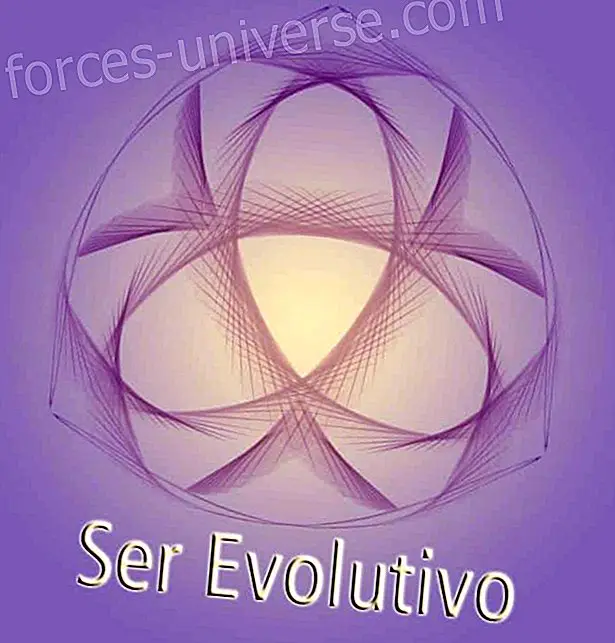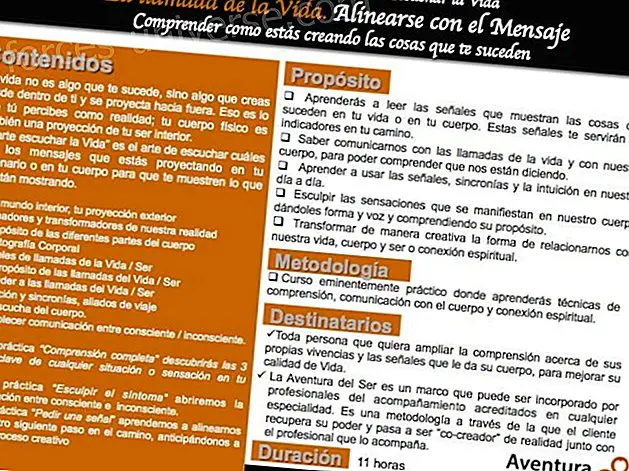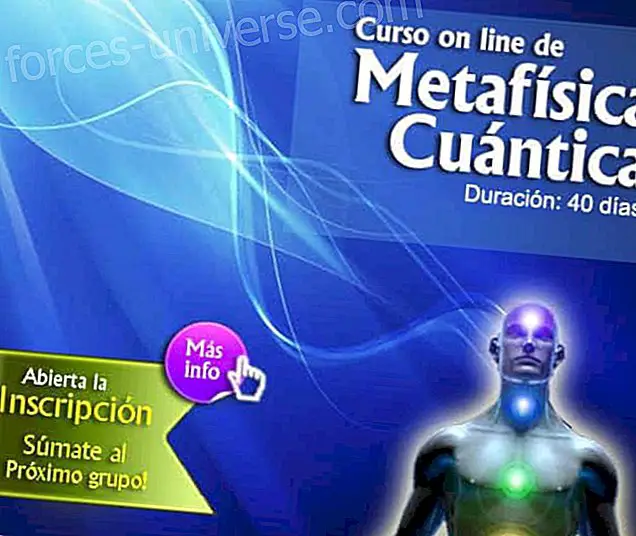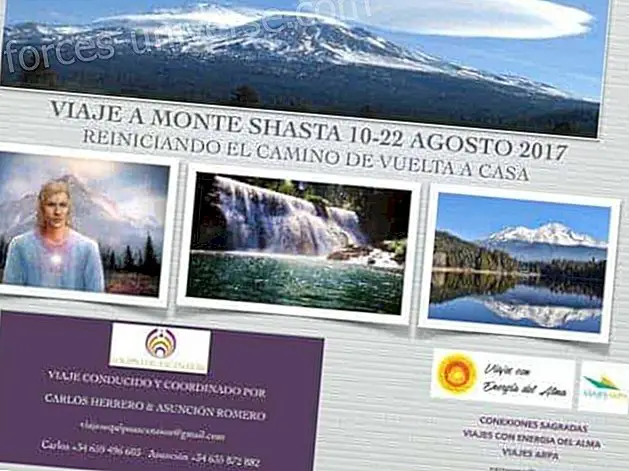Trip to Japan with Frank Arjava Petter (REIKI) - May 2010 - by Gabriel De Luca (from Spain)
Dear Reiki Friend,
I am very happy that you were interested in joining this trip that we will make together to Japan.
We will visit Tokyo and Kyoto, two of the most interesting sites for Reiki lovers.
Japan is a fascinating country and visiting these sacred places will help you deepen your understanding of Reiki.
It will be your tour guide, your travel companion and friend, and I am sure that this will be an experience that you will greatly appreciate.
Before traveling, let me give you some suggestions and tell you a few important things about what you can get to experience in Japan.

Tokyo
Tokyo is a metropolis of tremendous proportion, as is the mind of Japan. There we will visit the tomb and the memorial of Usui Sensei. Your final resting place is in the middle of Tokyo, about 20 minutes by subway from the five central cities of Tokyo, Shinjuku. The Saihoji Temple is located in the Suginami-Ku ward.
In Tokyo we will also see the Meiji Jingu (Temple / Shrine), dedicated to Emperor Meiji, who ruled Japan from 1868 until 1912. Both Usui Sensei and Hayashi Sensei loved this Emperor. Both shared some Meiji poems with their students.
Kyoto
The city of Kyoto is the heart of Japan. For me this is one of the most exotic and impressive cities in the world. Not only because Reiki was born there. Although Kyoto still has about a million and a half inhabitants, it is a relatively placid and peaceful city. It is easy to drive there even if you do not speak Japanese. In the streets there are many signs, posters in English. All the tourist who visits Japan comes here, so the local people are used to seeing foreigners who speak English.
In Kyoto you can visit a lot on foot. As soon as you leave your hotel, to the right or to the left, towards the front of the hotel or through the back door, it is beautiful wherever you look. There are about 1600 Buddhist temples, and also 400 Shinto temples. The Buddhist Temples are open until 5 in the afternoon and the Shinto temples are open day and night.
Our main focus of the trip is Reiki. We will explore the history of Reiki in Tokyo and in the Kurama Temple. But we will also learn Reiki the way Hayashi Sensei taught him in the 30s.
Tadao Yamaguchi is a loving teacher who will share his knowledge, experience and love with us for four intense days of Reiki teaching. We will receive 5 tunings from Tadao.
Reiki will take you to new heights
We will follow in the footsteps of Usui Sensei and at the same time we will walk our own way
Planet Japan seems to be part of our solar system, but many things here are made different. For example, he doesn't shake hands or kisses in public. You have to take off your shoes when you enter a house or inside a temple more sacred, and you don't say No in a very direct way. Sometimes you may think that you are on the Moon
The Japanese are friendly people. They smile a lot and are extremely friendly. They will do anything for you, the guest and the customer. The smile can mean three things:
1. Yes.
2. I don't know.
3. No way!
Being a foreigner
Fortunately, foreigners are not expected to know the Japanese language or customs. In the land where the sun rises, for foreigners there are some privileges.
Anyway, you are very likely to experience some kind of cultural shock. The challenge of a cultural shock is that you don't realize when it's happening to you. If something happens, and you really don't understand why, or if someone reacts in a way that seems irrational or inconceivable, it sure is a cultural difference. Please consult me when it happens. Do not wait ...
Language
In Tokyo and Kyoto it is relatively easy to understand each other in English. In other parts of the country, traveling without knowing how to speak Japanese is difficult. Especially in Kyoto, some taxi drivers, hotel or restaurant staff speak some English. Similarly, Japanese English can be a challenge. On our last trip we found, for example, that a restaurant sold “grass wine” instead of “glass of wine” and another place where it encouraged its customers to “drink and eat plenty of horumomonos "
In Japanese, no word can end in a consonant, nor can two consonants be together. If so, a vowel is added between the consonants. Then Bob transforms into Bobu and Frank into Furanku.
R and L are freely exchanged. Raw fish-Sashimi (Raw fish), becomes law fish (Law fish) and dried flowers (Dry flowers) in Dly frowers.
Money
Japan is less expensive than it used to be. Especially for Europeans, prices in Japan are accessible due to the rise in the value of the Euro. However, changing money can be problematic. I suggest you change your money in your country and bring Japanese Yens to Japan. If you need to change foreign currency, the easiest is still the US dollar. Any other currency is very difficult and expensive to change. The last time I changed Euros in Japan, it was difficult to find a bank that would accept them (only one bank: the Mitsubishi Tokyo Bank) And taking a very high 12 percent commission! It is advisable to travel with US dollars.
You may get cash with an EC mail card, but only until 9 pm Credit cards are accepted almost everywhere (Visa, Master Card and American Express), but cash is quite difficult to get . Sometimes credit cards that have been issued abroad are not accepted. This goes against international law, but it happens like this ... what are you going to do ...?
Traveler's checks are not a good choice. Japan is the safest country in the world; There is no problem in carrying money - even in large quantities, as long as you don't get involved with the Yakuza (bandits).
Lodging:
Hotel Amista, Asagaya
5-35-14 Narita Higashi, Suginami-Ku, Tokyo
Tel: +81 (0) 3-3220-5711,
Fax: + 81- (0) 3- 3220-5713
From our hotel in Tokyo you can walk to Saihoji Cemetery, where Usui Sensei is buried.
The hotel in Kyoto where we will stay for the Jikiden Reiki Seminary is the Toyoko Inn Shijo Omiya. You can walk from the Jikiden Reiki Institute. There are three Toyoko Inns in Tokyo, please take note of the address.
Toyoko Inn Shijo-Omiya.
The number is 075-803-1045
The website (in English) is
http://www.toyoko-inn.com/e_hotel/00027/index.html
In both hotels we will be staying in single rooms.
The first days in Kyoto we will be at the Kurama Onsen Resort, ten minutes walk from the Kurama Temple.
Kurama Onsen Resort
520 Honmachi Kurama
Sakyo- Ku
Kyoto 601-11
Japan
075-741-2131
075-741-2375
http://www.kurama-onsen.co.jp
The Kurama resort is traditional. Only five rooms are available, so we will place four in each room. They usually place all men in a room. In the case that there are 20 of us who travel, we will have the hotel for us.
Breakfast and dinner are included with the accommodation. They don't make vegetarian food, but those who don't eat meat let me know and we'll see what we do. If you don't eat fish either ... do twelve days of fasting ...
You will never forget the heat of Japanese spring. The landscape atmosphere, the superb nature and the silence of the mountains will enchant you ...
Beware: Japanese doors are low. The tall ones please watch their heads!
Weather
The weather will be very nice, around 18/27 degrees. Just in case, take a rain pilot.
Earthquakes
Every day the earthquakes shake Japan, but don't worry, most of them are not strong enough to feel them. In the last four years of traveling to Japan we have not experienced any earthquakes. If it happens, please remember the second principle of Reiki: don't worry! Escape routes are clearly marked at hotels and there will be announcements by a speaker system.
Food
In case you are allergic to some meals, please bring your own food. It is not easy to find vegetarian food. For a strict vegetarian, life in Japan is hard and I suggest you travel to another place or stay in a Buddhist temple. Of course you can find pizza, pasta or fish in a Japanese-Italian restaurant. There are also several restaurants with fast or Indian food
The Japanese eat mainly:
¼ Rice in all Variations (Gohan)
¼ Noodle Soup made of wheat flour (Ramen, Udon)
¼ Noodle Soup made of a wheat flour / buckwheat four mixture - (Soba)
… All variations of grilled, boiled and fried fish
¼ Raw Fish on rice (Sushi)
¼ Raw Fish (Sashimi)
¼ Tempura (deep fried Vegetables / Fish)
… Bean curd in all variations (Tofu)
¼ Pickled Vegetables (Tsukemono)
… Fermented bean paste soup (Miso Soup)
For those who share the same addiction with me, we will find coffee everywhere, even Starbucks. And since we talk about addiction, you'll want to have a glass of rice wine with me. But be careful, since you can get drunk even if you drink in small cups and you can lose your mind ...
shopping
Japanese businesses offer you almost everything your heart desires. Sometimes large clothes can be a problem. The sleeves of the shirts can be very short, the shoes very small. Kyoto is full of souvenir shops, which sell everything from trinkets to Buddha statues.
Kyoto is famous for green tea, ceramics, incenses, kimonos and pickles. Leave space in your suitcase!
Phone
The best way to call home is the ET method or else through the international telephone cards that are obtained in the kiosks. They come in values of 1000 Yen (6 Euros), 3000 Yen (18 Euros) and 5000 Yen (30 Euros). It is best to call loved ones to say "Hello" and have them call you.
Mobile Communication: Attention, only cell phones with the UMTS function work in Japan.
Electricity
100-110 Volts Bring an adapter (there is at your country's airport)
In your suitcase
A valid passport and Visa if necessary from your country.
Climbing shoes, a light rain jacket, sunglasses. A pen with light (Useful in case of earthquake with power). A good book, your camera (almost everywhere you can get negative film, especially Fuyi. It's hard to get movie for slides. It's easy to get digital video film Taking pictures is allowed in most places, except on the altars of Buddhist temples There are large posters indicating that you cannot photograph.
Finger gymnastics: In case you are not comfortable eating with sticks, or are afraid of starving, bring your favorite spoon and fork with your luggage.
In case you have Japanese friends or colleagues in Japan who will visit, give them a typical gift from abroad. (A bottle of tequila from Mexico, a potato from Germany)
Japanese people love brand names. A Gucci wallet or a Rolex watch can open all doors ( It is only a joke!).
If there is something you can't live without, trí elo (eg chewable tobacco)
Medication
In case you depend on any medication, please bring it from home!
Rarities
Perhaps children and even adults will tell you by saying Gaijin (foreigner).
Or they will tell you Americajin (North American), because all foreigners are Americans.
You will see Japanese girls dressed as little red riding hood or the seven dwarfs. You probably see yourself surrounded by young tanned girls, with white lipstick, dressed in miniskirts and with hair dyed in platinum blonde. Most of the time they are not prostitutes, but high school students.
At night the kindness of some Japanese disappears. You can do anything when you are drunk, so beware.
Permanent in your hair. But do not worry, in general do not mess with foreigners, because both are outside of Japanese society
2- Drugs Stay away from drugs. The Japanese authorities react severely if they find you drugs.
3- Discussions with Officers. In Customs and Immigration do what they tell you.
Preparation
Expect to experience the birth of Reiki steps.
Get yourself a phrase book at your local bookstore or online (Amazon.com). A guide to Kyoto can also be useful.
I look forward to traveling together!
With Love, Gratitude and Gassho!
Your friend, Frank Arjava Petter
Please for a better organization, contact
Gabriel De Luca Garrofe:
Tel: (0034) 973 72 05 46
Cell: (0034) 656199077
www.respirareiki.com
(maximum capacity 20 participants)







